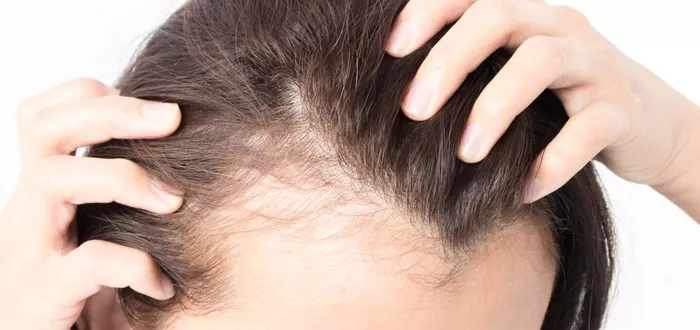Researchers at Harvard University have confirmed what many have suspected: chronic stress can indeed lead to hair loss. In a groundbreaking study, Harvard scientists uncovered the biological mechanism behind how prolonged stress impairs hair follicle stem cells, shedding light on a long-standing question about the connection between stress and hair thinning.
The study, published in Nature, used a mouse model to explore the effects of stress on hair follicles. The researchers discovered that a key stress hormone, corticosterone, forces hair follicle stem cells into an extended resting phase, preventing the regeneration of both the follicle and hair. They were able to pinpoint the specific cells and molecules responsible for transmitting the stress signal to the stem cells, opening the door to potential treatments that could reverse this stress-induced hair loss.
“Our lab is focused on understanding how stress impacts stem cell and tissue biology. As a skin stem cell biologist, I’ve always been intrigued by how stress affects our skin and hair,” said Dr. Ya-Chieh Hsu, senior author of the study and Alvin and Esta Star Associate Professor of Stem Cell and Regenerative Biology at Harvard. “Through this research, we confirmed that stress significantly delays stem cell activation and alters the frequency with which hair follicle stem cells regenerate tissues.”
In their experiments, the researchers observed that hair follicle stem cells in stressed mice remained dormant for unusually long periods, failing to regenerate tissues. The culprit behind this prolonged rest phase was found to be elevated levels of corticosterone, a stress hormone produced by the adrenal glands. This hormone mimics the effect of stress in humans, where cortisol—commonly known as the “stress hormone”—is similarly elevated.
“This suggests that increased stress hormones have a detrimental impact on hair follicle stem cells,” Dr. Hsu explained. However, the real revelation came when the researchers removed the source of stress hormones. Under typical conditions, as mice age, the resting phase of hair follicle regeneration gradually lengthens. But when stress hormones were removed, the resting phase shortened drastically, and the mice consistently entered the growth phase, allowing their hair follicles to regenerate throughout their lives, even in older age.
This study provides new insights into how stress not only affects hair growth but also how restoring normal hormone levels could potentially reverse stress-induced hair loss. These findings suggest that targeting the stress hormone pathway may offer a future solution for those suffering from hair loss linked to chronic stress.
Related topics:


